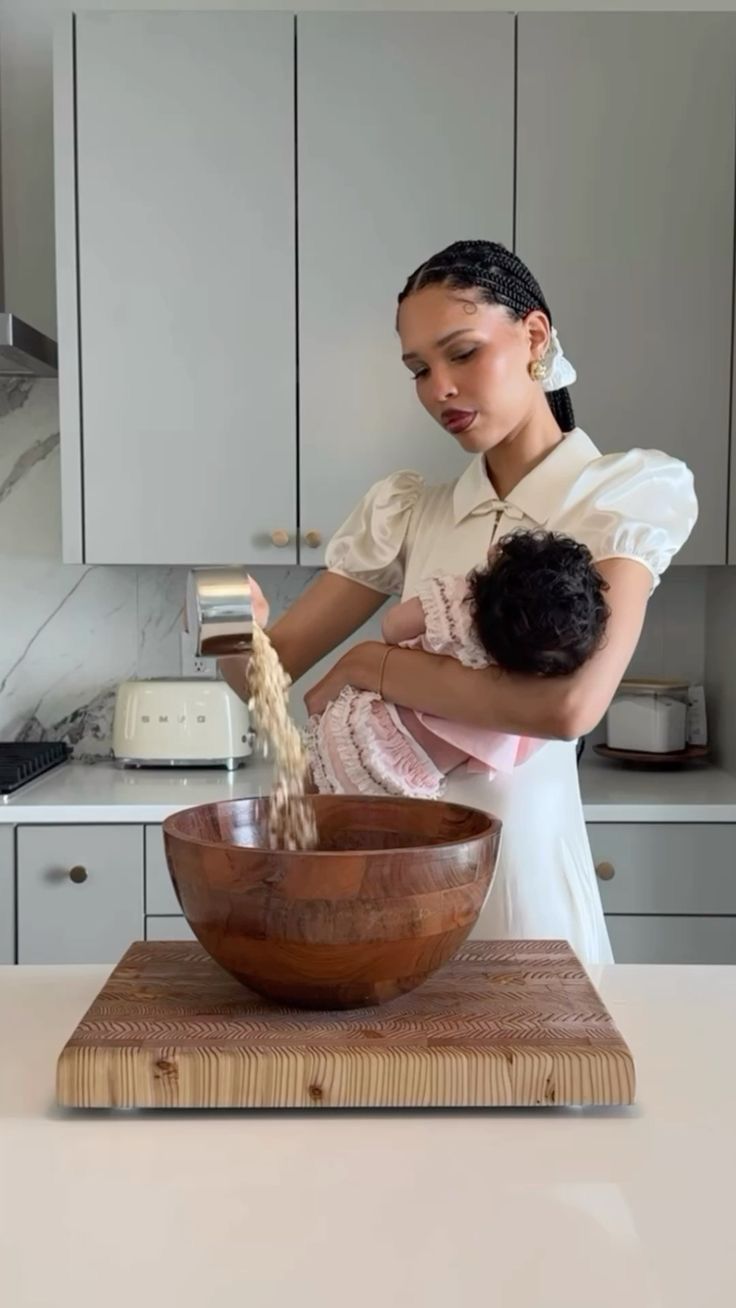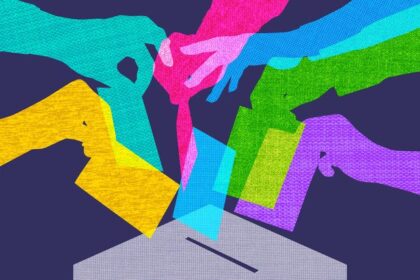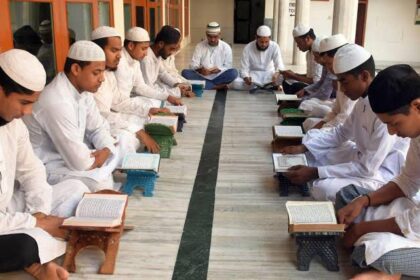Dresses so dramatic they deserve to be worn to the Met Gala, and making homemade Cheez-Its while whispering so close to my ears it makes me uncomfortable; ‘wellness’ influencers have started a new wave of trends hard to run from. I opened Instagram to escape the chaos of life and instead got slapped in the face by a woman in Dolce & Gabbana making three-hour homemade cereal for her children. If making cereal takes three hours, that’s not ‘wellness’—that’s a hostage situation. In the next video, someone slow-poached a pear at 10 AM on a Tuesday while murmuring about ‘nervous system regulation’. I hadn’t eaten breakfast yet. My trauma wasn’t healed. It was feral and hungry.
Another swipe reveals someone yelling at me for being lazy, for not giving my husband a home he wants to be in. I’m 18. I don’t have a husband. My only husband is my WiFi router (unreliable and constantly disappointing). I don’t know how to cook. Probably can’t buy a home in this economy either. The ghost of my to-be husband must be so mad. If he watches wellness TikTok, he’ll expect Nara Smith. He’ll get dusty, crusty, moody old me.
But this isn’t just about absurdist breakfasts—it’s about who gets to call labour ‘self-care’.
‘The Time is Out of Joint’: Wellness for People Who Don’t Have Time
We all have the same 24 hours in a day, right? Then why does no normal person have time to make homemade bread and pasta while these women do it daily? Because time isn’t just hours—it’s a resource. And in a 24-hour economy that runs on underpaid labour, that resource is hoarded by the wealthy. Slow living isn’t a lifestyle; it’s a luxury. Slow living, but fast Wi-Fi—how convenient. The rest of us are too busy keeping the lights on to hand-grind our damn almond milk.
Take Nara Smith, TikTok’s IT tradwife. Her videos show homemade sourdough and from-scratch snacks, but what they really sell is the fantasy of time. Time to fail, time to experiment, time to curate. For most women working multiple jobs or caring for families, this isn’t ‘wellness’. It’s science fiction.
In Pakistan and much of the Global South, women wake before dawn to knead dough, haul water, and cook. No one calls this ‘cottagecore’ or ‘artisanal’. It’s expected. The same tasks that make Nara Smith aspirational are, for millions, invisible labour. Wellness culture glorifies ‘simplicity’—but only when it’s optional. My great-grandmother hand-churned butter every morning. No one gave her a brand deal. Wellness influencers aren’t selling health. They’re selling class privilege wrapped in linen aprons and fancy dresses. If unpaid care work were paid, it would contribute $10.8 trillion to the global economy. But darling, let’s talk about your ‘hobby’ bread. Try to have that conversation in real life with a nurse, maid, doctor, or stay-at-home mom trying to juggle jobs and domestic chores (another job) without any help.
The tradwife isn’t traditional — she’s a Pinterest board with a publicist.
‘The Play’s the Thing’: Wellness as Performance
This viral archetype of domestic bliss—all flour-dusted aprons and sunlit sourdough—isn’t a throwback to simpler times but a meticulously staged performance. Real tradition wasn’t optional, aesthetic, or monetisable; it is women feeding their huge families alone in the blistering heat. It is necessary, expected, and needed. The world can survive without a Nara Smith video, but it cannot survive without the calloused hands that plant rice in flooded paddies, the bent backs hauling water from distant wells, and the quiet exhaustion of women who’ve fed generations through wars and failed harvests with nothing but stubborn love and empty pantries. Their labour built civilisations without hashtags or sponsorships. The modern tradwife cherry-picks the romance of homemaking (fresh flowers, handwritten recipes) while delegating its less photogenic aspects to hired help or modern conveniences her supposed role models never had. She’s not healing her nervous system; she’s just never had to hear ‘load shedding’ in the middle of a shower. Her curated authenticity—her $400 ‘humble’ linen dresses, her sponsored slow cooker unboxings—exists only because actual traditional women bore the weight so she could romanticise the crumbs. We must never confuse her aesthetic with their legacy. That sourdough starter she films for content? Someone’s grandmother first fermented flour to survive.
So now, surviving becomes content. Struggle, but make it marketable. What was once a necessity is now rebranded into luxury, available only to those with the time and money (and ring lights). Wellness isn’t universal—it’s a gated community with a (whitewashed) matcha bar. In 2023, the global wellness industry raked in $5.6 trillion, while the majority of women around the world still lack access to basic healthcare and clean water. Because nothing says ‘self-care’ like profiting off other women’s pain! It’s called a class crisis. And yet, we’re fed the lie that we can all just manifest our way into soft living if we try hard enough. Sweetheart, my pores are not blocked—I’m pulling an Ophelia, buried under self-care marketing. No jade roller will fix that. When a $200 skincare routine is sold as ‘self-care’ and meditation apps charge more than your monthly groceries, wellness stops being about wellbeing and starts looking a lot like exclusion in pretty packaging.
Frailty, Thy Name is Self-Care
Oh, fabulous—the wellness mafia has declared that burnout is just bad energy you can sage away! How revolutionary! Nothing fixes mental health like a $100 candle and some performative sourdough kneading.
In Pakistan, working moms get shamed for ‘lazy’ store-bought roti while influencers post #GharKaKhana made by their underpaid cooks. Newsflash: Your ‘authentic’ breakfast lounging in some fancy hotel in the UAE isn’t traditional—it’s literally outsourced. Meanwhile, the maid who actually made it? She’s eating your thrown-out leftovers in your garage. But sure, tell me more about ‘mindful eating’.
This isn’t culture—it’s class warfare. While Nara Smith cosplays Little House on the Prairie, the nannies raising her kids work 14-hour days. The UN says women do 76% of the unpaid labour globally. That’s not a statistic—it’s daylight robbery they’re selling back to us as ‘self-care’. In the wellness world, something is rotten in the state of Denmark. We’ve been sold the idea of ‘soft living’, where we can live peacefully only if we consume and post it all with the perfect filter.
The scam is simple:
Poor women are considered ‘lazy’ despite being busy.
Rich women are lauded as ‘goals’ for being busy aesthetically.
A white girl’s $100 ‘stress-relief’ candle and a Lahore socialite’s #SlowLiving post are the same damn grift. Both rely on invisible women who’ll never get to ‘rest as resistance’.
No, Becky, your ‘golden milk latte’ isn’t self-care—it’s my nani’s doodh-haldi with a $12 price tag and a side of cultural amnesia. You’re not discovering ancient wisdom; you’re rebranding colonised survival tactics as a Whole Foods vibe. My ancestors drank that for colds, not for likes.
The Madness of Our Times
Maybe one day, wellness won’t be something sold in amber glass jars or whispered over imported pears. Maybe it’ll look like women resting without guilt. Like working moms not being shamed for shortcuts. Like softness that isn’t filtered and care that isn’t commodified.
True wellness isn’t an aesthetic. It’s no more Bangladeshi mothers sewing H&M tags till midnight. Lahore’s smog is no worse than London’s, while both cities blame the poor for emissions. Your grandmother’s arthritis medicine costs less than your face serum. It’s when the world stops romanticising the exhaustion it created.
Until then, we’ll keep seeing performances—filmed perfect mornings, calling exhaustion ‘hustle’, and trading sanity for SEO. The curtain falls. The algorithm applauds. The aunties ache. The maid still eats leftovers.
